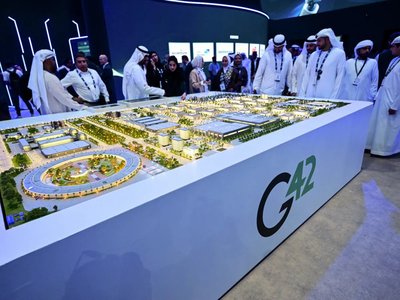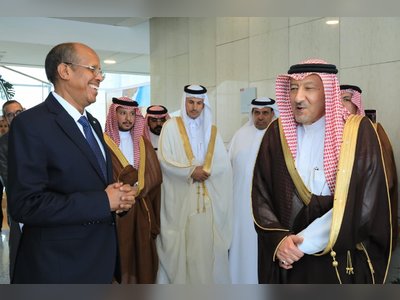
The issue that questions the future of reality itself
Last week, Meta (the umbrella company formerly known as Facebook) opened access to its VR social media platform, Horizon Worlds. In Horizon Worlds, up to 20 avatars can get together at a time to explore, hang out and build within the virtual space.
But not everything went according to plan. A woman beta tester reported that a stranger had groped her and that those around her did not intervene to stop it. The tool within the platform developed to create ‘Safe Zones’ – a protective bubble users can activate when feeling threatened – was not deployed.
Predictably, a debate ensued about whose responsibility it was to protect users in Horizon Worlds. One writer from Technology Review concluded that, because there is “no body that’s plainly responsible for the rights and safety of those who participate anywhere online, let alone in virtual worlds… the metaverse will remain a dangerous, problematic space.”
This conclusion merits interrogation.
Two things stand out. First, the assumption that, somehow, odious real-life behavior would not be present in virtual worlds, is naïve beyond belief. But the idea that virtual sexual harassment represents a real danger to users is even more unhinged. Confusing reality with a created reality that is not experienced physically transforms reality and our imagination of reality.
While it is true to argue that sexual harassment has never simply been a physical thing but can be verbal, this is less clear when it comes to a virtual experience. Katherine Cross, who researches online harassment at the University of Washington, argues that, when virtual reality is immersive and real, toxic behavior in that environment is real. “The nature of virtual reality spaces is such that it is designed to trick the user into thinking they are physically in a certain space, that their every bodily action is occurring in a 3D environment,” she says. “It’s part of the reason why emotional reactions can be stronger in that space, and why VR triggers the same internal nervous system and psychological responses.”
Cross may be right about how individuals might experience virtual groping in Horizon Worlds. The psychological response might be as powerful as if it were happening physically. But it is not happening physically – a distinction she and many others appear to forget.
This is where this discussion becomes so problematic. Horizon Worlds is a virtual-reality space. No matter how well it immerses and ‘tricks’ the user, entering this world signals, at the very least, an awareness that one is accessing a different reality. In this virtual world, physical harm is not possible. It is a safe space. The idea that Meta needs to protect users, create tools that ensure a ‘Safe Zone,’ confuses reality with fantasy, elides the distinction between reality and the appearance of reality, and treats its users like children.
In one respect, this is not surprising. Today, words are regarded as harmful. The exposure to ideas you don’t like can now be experienced as physical assaults. Is it surprising that the experience of virtual groping can be interpreted as physical harm?
But virtual reality is virtual. Yes, it is a real appearance, but it is an appearance, nevertheless. This is an imagined experience, like being immersed in a movie that temporarily transports us into another world. But, when the movie is over, we leave the cinema and get back to reality.
If we believe what Mark Zuckerberg intends, the metaverse is an immersive experience so real that it can act as an alternative reality to ordinary life. But this can only become believable if there is a desire to escape the physical world.
The discussion about virtual groping indicates that some have already made this leap. Their confusion of appearance with reality needs challenging because it is fundamental to how we understand the world and lived experience, and to how we change it.
Imagining different worlds and dreaming of solving problems has always been critical to how humanity has changed the world. The imagination sparks problem-solving precisely because the difference between our lived experience and outcomes always poses the need to understand this gap. Imagination cannot exist if there is no reality upon which it is based. Questioning appearance is a precursor to overcoming or changing reality. Had our forefathers never questioned the existence of the stars and planets by imagining what drove their repeated appearance at night, an experience that suggested wrongly we were the center of the universe, we would still be living in a flat world. We wouldn’t have smartphones or computers, let alone Oculus headsets.
The confusion of reality and appearance expressed in the Horizon Worlds groping threatens to challenge the future of human imagination. Without this distinction, we would be immersed in a state of unalterable impression, always determined and denied any capacity to alter the world. We would be reduced to the status of dependent infants, a status that many people drawn to virtual reality worlds regard as desirable. This, not virtual groping, represents a real threat to the future of society.











